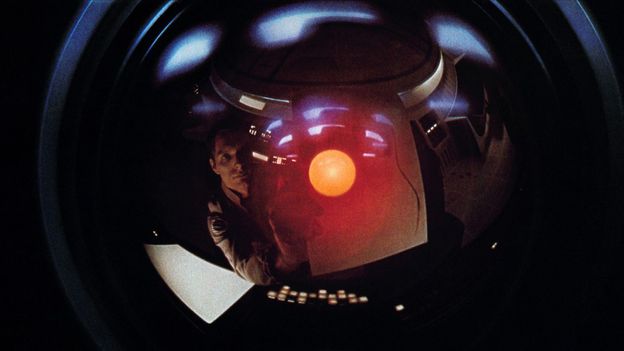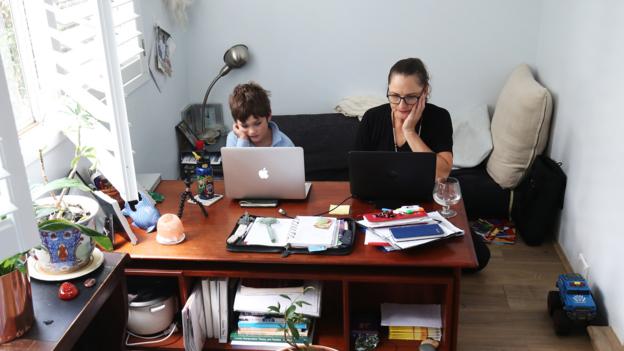Traditional developers themselves have reacted with both scepticism and alarm – reactions often heard by Tara Reed, a prominent no-code developer and founder of start-up boot camp Apps Without Code. “If you make a living writing code, there’s something scary about the idea of everybody being able to build without code,” she says.
But the resistance from coders isn’t entirely unwarranted. ”Some of this skepticism is true,” says Alvin Cheung, assistant professor of computer science at the University of California, Berkeley. “I don’t think we will see complex systems – say, an operating system – generated automatically anytime soon,” he explains. While no-code developers have the tools to create increasingly sophisticated web apps (e.g. Twitter), it still takes coders to develop something as complex as a no-code app builder. Rather than making coders obsolete, Cheung imagines this growing sector helping expert programmers work more efficiently as well as offering an easier entry point for novice developers with a bold idea. “We have already seen this happening,” he says.
Many like Reed aren’t aiming to replace developers, anyway. For her, it’s about widening the demographic of people to benefit from technology, including reaching “underdog entrepreneurs” including “people of colour, women and others who don’t have the traditional Silicon Valley tech background”, she says. “We get to see people that the tech industry, frankly, doesn’t have enough of.”
Reed says her paid and free workshops introduce more than 30,000 people a year to no-code tools. Alumni have gone on to build profitable apps for overlooked communities and sectors including apps for music instruction in public schools, a directory for Latinx therapists and a platform for mums trading childcare.
Webflow’s Chou agrees that no-code has the potential to enfranchise many who have the “will to create”. “Less than 1% of the world’s population are professional developers. That’s a lot of power locked in the hands of a few,” he says.
No-coders like Leytus are already paving the way – and he hopes that new adopters will soon build the next big thing, all code free. “I’d love to see somebody build something that scales in a really massive way on a no-code platform,” he says. “This is the future of how we build software.”











